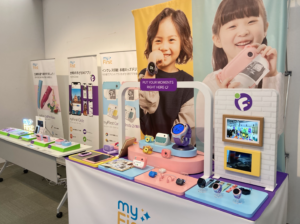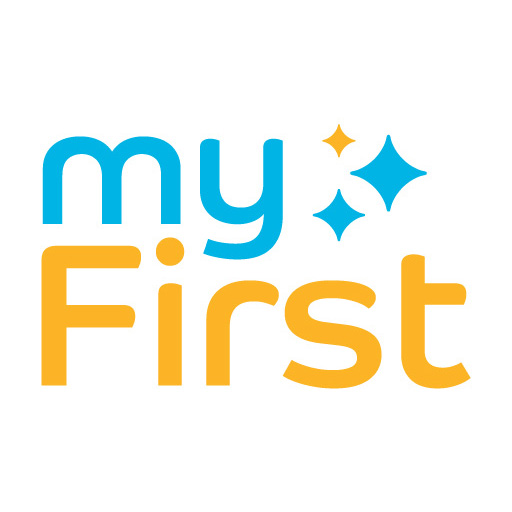Balancing Work and Family Life: Essential Tips for Parents
Balancing work and family life is a common challenge faced by parents. In today’s fast-paced world, where demands from both sides can be overwhelming, finding the right balance is crucial for parents to thrive in their careers while nurturing their families.
In this comprehensive guide, we will explore more effective tips and techniques for parents to achieve a harmonious balance between their professional and personal lives. Let’s explore how you can master the art of balancing work and family responsibilities.
1. Prioritize and Organize
- Understand your priorities and create a realistic schedule that allows for a specific time for both work and family.
- Learn effective time management techniques to stay coordinated and productive.
- Use tools and apps to manage tasks, set reminders, and keep track of deadlines.
2. Establishing Boundaries for Balancing Work and Family Time
- Set clear limits between work and family time to avoid burnout and maintain focus.
- Communicate with your employer about your availability and set expectations regarding after-work hours.
- Create physical and mental separation between work and family spaces, such as having a personal home office and family play area.
3. Delegate and Share Responsibilities
- Share household chores and responsibilities among family members to ease the workload.
- Communicate openly with your partner about the group of tasks and find a balance that works for both of you.
- Motivate kids to take on age-appropriate responsibilities and teach them the value of contributing to the family.
4. Utilize Flexible Work Options
- Explore flexible scheduling, such as remote work, flexible hours, or compressed workweeks.
- Discuss these preferences with your employer and present the potential benefits for both you and the company.
- Present your ability to maintain productivity and meet deadlines within a flexible work structure.
5. Creating Quality Family Time
- Make the most of the time you spend with your family by engaging in meaningful activities and building bonds.
- Plan routine family outings, game nights, or shared meals to strengthen bonds and create lasting memories.
- Focus on active listening and open communication to build strong relationships with your kids and partner.
6. Practicing Self-Care
- Prioritize your own physical and mental well-being by being involved in self-care activities.
- Get enough rest, exercise consistently, and eat a balanced diet to maintain your energy levels.
- Dedicate time to hobbies and activities that rekindle and recharge you.
7. Seek Support and Communicate for Balancing Work and Family Time
- Connect with your support network, including your partner, family members, and friends.
- Communicate openly about your challenges and needs, and feel free to ask for help when necessary.
- Seek guidance and advice from other parents who have successfully achieved the work-family balance.
Balancing work and family life is an ongoing journey that requires patience, adaptability, and a willingness to make adjustments.
By implementing the tips and strategies listed in this guide, you can create a harmonious and fulfilling life that encompasses both your professional ambitions and your role as a parent. Remember, finding the right balance is personal growth, so tailor these suggestions to fit your unique circumstances.
Embrace the challenge, stay resilient, and celebrate the joy of being present for both your work and your family.

Top Educational Technologies Making a Difference for Kids
When designed right, technology can be one of the best tools to help children learn, grow, and stay connected. At myFirst, we focus on creating

How Tech Can Be a Powerful Tool for Kids’ Growth
As a brand born in Singapore, we’ve always believed that technology — when used right — can do amazing things for children’s growth. We know

Celebrating the Launch of Our Latest myFirst Innovations in Japan!
We are thrilled to announce the successful launch event for three of our latest innovations in Japan – the myFirst Fone S4, myFirst Camera 50,








